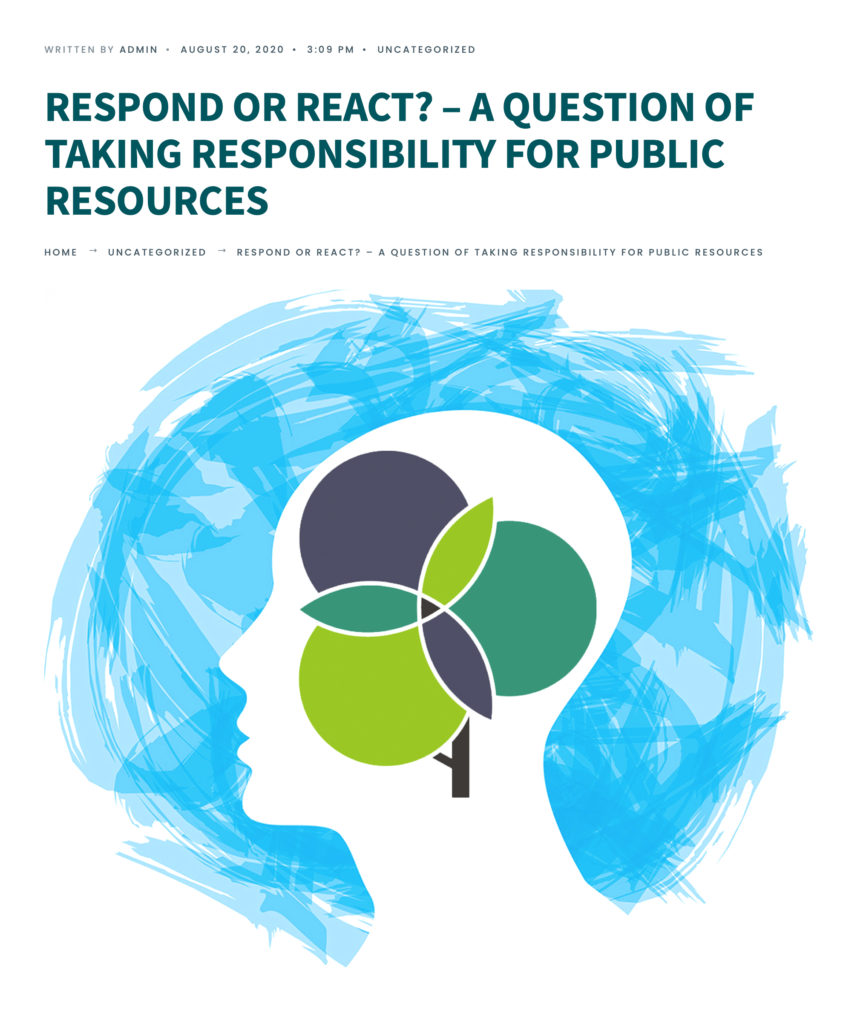Intervention Worker, Community Justice Service in Glasgow City Council
In November 2020, Neighbourhoods, Regeneration and Sustainability Community Justice Section agreed with partners through the Glasgow Health & Social Care Partnership’s (GHSCP) Section 27 Funding (funding ringfenced by Scottish Government to Local Authorities to provide Criminal Justice Services) Steering Group to deliver a Diversion from Prosecution Restorative Justice Test of Change Programme – available across Youth and Adult Diversion.
Underpinned by evidence, Glasgow Justice Services have had a renewed focus on Restorative Justice in recent years, see for example an article in the Community Justice Glasgow 2019-20 Annual Report – Restorative Justice – elevating Victims’ Voices in Glasgow.
For almost 10 years now, I have been working with people who are involved in the criminal justice system, encouraging individuals involved in offending to make more positive life choices and move away from offending behaviour. I like the challenge and diversity of this type of work and have enjoyed being part of a Diversion from Prosecution Restorative Justice test of change programme.
One of the greatest strengths of the Diversion programmes are that they are a relatively cheap and well performing way of dealing with low-level offenders, which in turn frees up capacity to deal with more serious, persistent offenders. Head of Community Justice in Glasgow, Tom Jackson, gives an overview and explains this in his article (2019-20) Respond or React? – A Question of Taking Responsibility for Public Resources . Diversion from Prosecution provides an opportunity for people who have made a mistake, had an error in judgement, or are going through a chaotic period, an opportunity to make more positive life choices and move away from offending behaviour.
CLICK BELOW TO ACCESS THE FULL ARTICLE:
In my personal experience of being involved in diversion, I am able to build good relationships with clients referred in order to encourage them to complete the programme. I challenge their antisocial attitudes, highlight consequences of their behaviour an encourage skill development that will enable them to pursue a crime free life.
The test of change is a restorative based programme which is tailored to each client that is referred, to encourage them to take responsibility for their actions, and if appropriate further restorative activities/conferences can be facilitated. Although there are core sessions, they are able to be adapted to have maximum impact on the particular referral offence. In addition, should any other issues arise, e.g. alcohol misuse, I am able to add in additional sessions or refer onwards to an appropriate service for longer term support.
Since my involvement with the Diversion from Prosecution Restorative Justice test of change, there has only been one individual who I have been unable to positively engage in the process. All other referrals have actively engaged and there has been a clear impact on their attitude. Although, only measured over a short period – 13/11/20 – 31/03/21 – early evidence from the test of change showed that:
- Of the 9 out of 10 young people engaged with the service – at the end of the first test period:
- 5 young people were continuing to engage;
- 4 had completed the intervention – of those;
- 2 had made applications for college
- 1 had secured employment, and
- 1 had been approved for an apprenticeship
Ultimately all taking paths that reduced their risk of further offending.
Building trust, good relationships and a safe environment is a key factor in being able to guide clients effectively through the diversion programme. The clients are more likely to be honest, be open to being challenged and take on board the aims and messages where a good relationship has been established. This is an area where I excel, with not only clients but their families. On a recent referral the comments were the client was ‘very difficult to engage’ and he has ‘non engaged in any service he has been referred to’. After an initial reluctance from both him and his father, I was able to complete the programme with him. In addition, I received the full backing of his father, who ensured that he stayed with him on a Sunday to allow the sessions to be completed on a Monday.
A recent client commented it had helped them ‘think deeper into their own thoughts’ and that family members had seen a ‘change in attitude and effort’. Another told me he was looking forward to the session next week. This is a session that challenges behaviours and attitudes and encourages empathy, which can be very difficult to do when you have harmed someone. This again shows this is a very worthwhile, essential programme, which can make a real valuable impact on the lives of the clients referred and allow the opportunity to progress with future goals without letting a mistake impact your future.
Working during the pandemic has had its challenges, in particular, not working with clients face to face. Most sessions have been delivered either over the phone or via teams etc. However, for some young people this has been a better way of engaging. For example, a recent referral worked 8-5 every day so completing the sessions over the phone after he had finished work, was much easier for him to be able to engage in the programme. It also takes away the barrier of travelling to an unfamiliar area or the travel costs associated with attending the sessions in person. It has further highlighted the importance of treating each referral as an individual. Tailoring the sessions to their particular referral requirements and delivering them in a way that they feel most comfortable.
*Note from the Editor
Due to the early success and positive indications, the test of change has been further funded into 2021-22 for more testing over a longer period with a bigger cohort to draw evidence from. All of the referrals in the early testing came from Youth Justice Social Work, complementing the work of recent years to improve the offer of services for Youth Diversion from Prosecution. I look forward to reading about the results next year. You can read about these efforts and how Youth Diversion has been enhanced in Youth Justice Services Team Leader Andy Forrester’s Article 2019-20 – Youth Justice at a Glance – Service Highlight (youth Justice).




